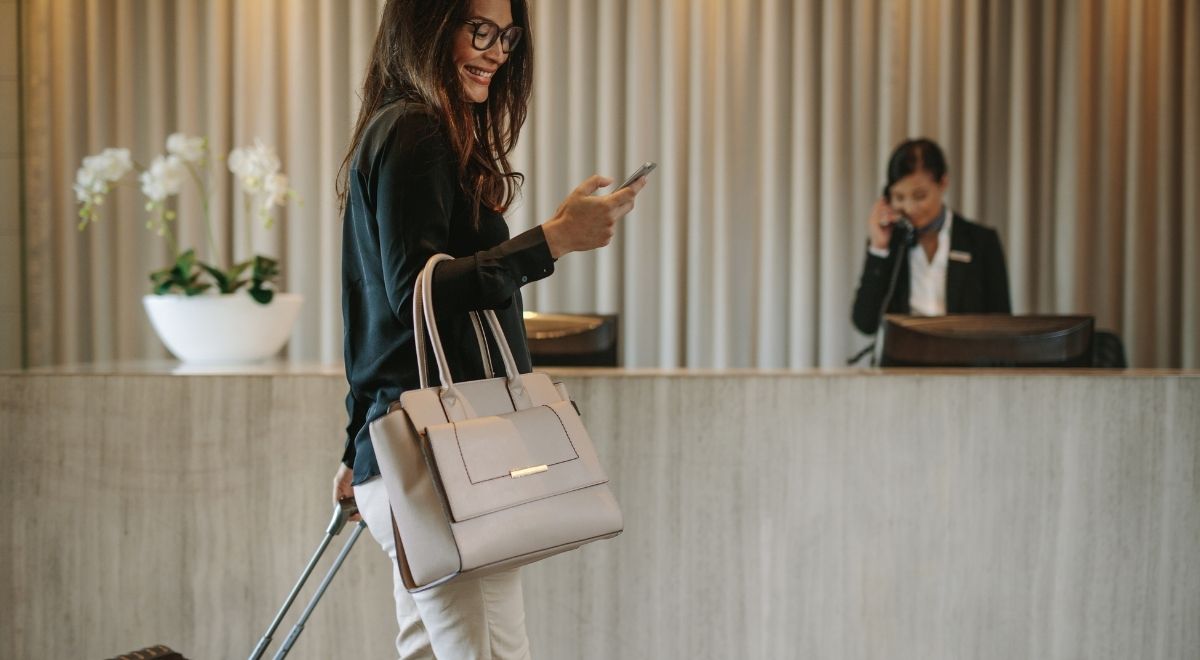open borders does not equate to increased guests

Reactivating pre-pandemic marketing plans will not generate results, traveller demands have changed and so too should your communications with them.
Hoteliers the world over have had to adapt to shifting market conditions during the past 18 months, focusing heavily on the domestic market with increased staycation deals, and in-house restaurants becoming the lifeline of the revenue books. However, as borders continue to open, and an increased number of travel corridors are established, hoteliers cannot revert to previous tactics and expect them to work. Traveller demands have changed, reasons for travel have changed, and hotels need to adapt to this to ensure they are communicating the right messaging and providing the right solutions.
Based in the United Arab Emirates (UAE), at the crossroads of the east and west, tourism is a key industry that has a direct impact on each of its residents. While we have not been immune to the impact of COVID during the past 18 months, our recovery and reopening of borders has been far advanced than others.
Our capital, Abu Dhabi, recorded the highest occupancy since the start of the pandemic in June, according to preliminary data from STR. Occupancies reached 68.5 per cent, with ADR hitting AED319.95. While this is a solid increase in occupancy since June 2019 (62.9 per cent), ADR has taken a small hit from AED339.31 during the same month.
To counter occupancy levels, hoteliers across the UAE quickly adapted to the domestic market. Turning their attention to staycation packages, and propositioning resorts as a viable holiday option for those who could not travel. In terms of international marketing activities, hotels have had to rely heavily on travel restrictions being lifted from key source markets, shifting their marketing spend as new markets come online. The need for agility in marcomms planning has never been so apparent and this has reaped success.
However, it is worth noting that those who have attracted international travellers have done so only as a result of adapting their marketing approach. Below are the key considerations all hoteliers should take onboard:
Core International Markets: This will most certainly have changed from pre-pandemic to post, reflecting where travellers are able to travel from, and so marketing spend needs to be adjusted accordingly. This may mean that there are new markets you haven’t communicated with before and it is vital to see if any of your existing trade partners or communications agencies have an on-ground presence there to escalate your penetration and the awareness of the property. Make sure you have local support on stand-by for when you need to press the ‘play’ button in that particular market.
COVID Guidance: A key concern for all travellers is the uncertainty of in-country restrictions and requirements. While the hotel cannot place themselves in a position they are held accountable should rules change, serving as a facilitator and concierge of where information can be found before and during their trip will provide for a more relaxing journey for the guest. I had a friend stay in a hotel recently who needed to receive a PCR test before departing. When he asked the hotel’s concierge team where this was possible, he was greeted with “look online for the nearest facility”.
Conscious Travellers: The pandemic has brought to light sustainable tourism, and while there is an eagerness to travel this year no matter the cost, there is a growing demographic of travellers that are paying closer attention to their carbon footprint. Hotels who already have green policies in place will benefit from this, those who don’t need to up their game. However, it can’t be about making a token effort, there needs to be a conscientious effort to change internal culture and plan for long term strategies.
Bleisure will return: A trend that was growing at a significant pace pre-pandemic, will continue its pace as business travel resumes. With the additional hurdles travellers are required to navigate prior to a trip, business travellers will be eager to further maximise their time in-country to compensate for a decline in travel opportunities. This presents an opportunity for hotels to provide added value experiences through attraction partnerships.